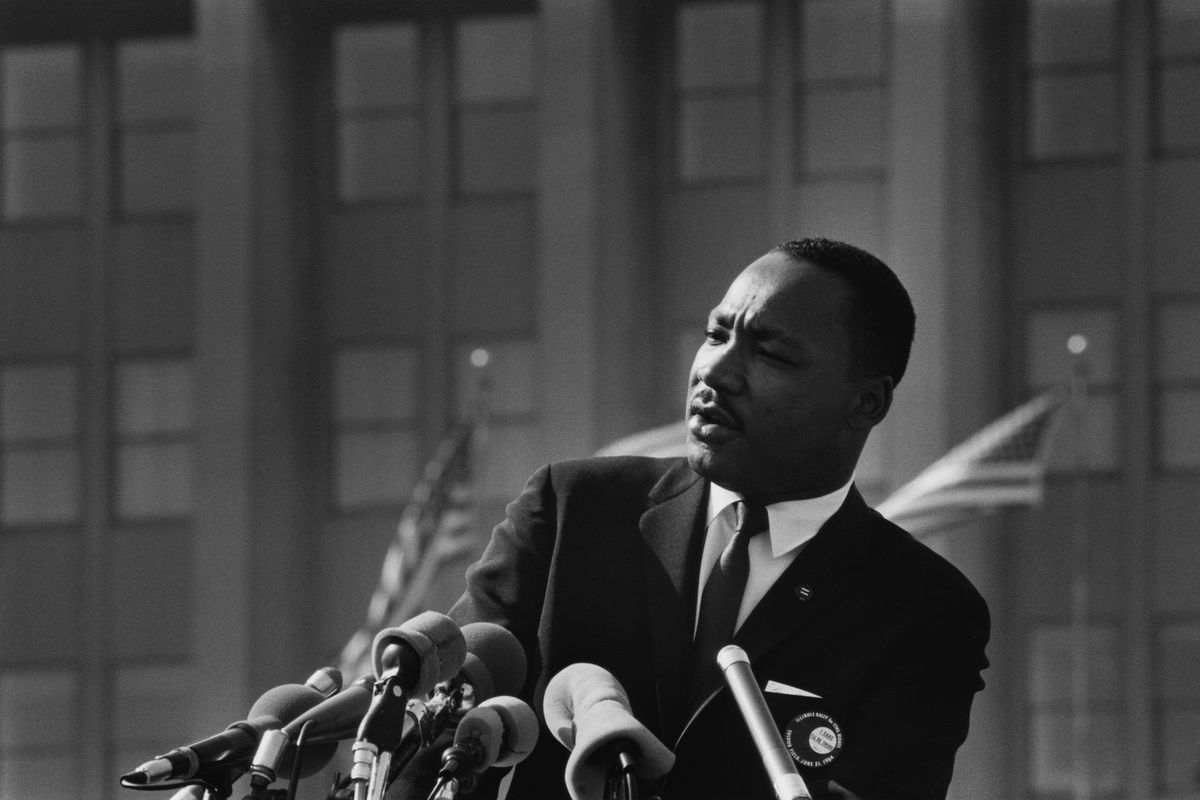[dropcap]A[/dropcap] half-century ago today, a bullet robbed Martin Luther King Jr. of his life and America of his leadership. Anniversaries like this inevitably inspire reflection on how our country’s contemporary reality measures up to King’s dream. A few years ago, the tenor of such societal self-evaluations was radically different. Serious thinkers could herald the dawn of a “post-racial America” without having their words drowned out by incredulous laughter. But while Barack Obama’s election gave fleeting validation to that fantasy, his presidency thoroughly discredited it. The apocalyptic tantrum that the right sustained through every minute of the first black president’s tenure made it clear that America’s white-supremacist past was neither dead, nor past. And the “discovery” of routine, unpunished police violence against African-Americans; the racial wealth gap’s accelerating growth; the resilience of residential segregation; and, of course, the election of Donald Trump, all testified to the myopia of mistaking the election of a black man for the liberation of black people. [mc4wp_form id=”6042″]
Today, few argue that we, as a society, have reached King’s promised land, or have even gotten within its vicinity. Rather, debate now focuses on whether the events of the past 50 years give us cause to believe we will ever realize the reverend’s dream — or else, to think that the arc of history bends in no given direction (save ecological ruin).
This dispute often focuses on competing definitions of progress — but really boils down to how one defines King’s “dream.” It is hard to argue that we have made no progress toward realizing the reverend’s most famous and widely endorsed aspiration — that his four children would “one day live in a nation where they will not be judged by the color of their skin but by the content of their character.” The idea that one cannot judge the worthiness of an individual by the color of her skin is unquestionably more hegemonic in today’s United States, than it was in that of 1968. The year that King died, roughly 53 percent of white Americans expressed support for laws against interracial marriage; today, 89 percent of whites oppose such prohibitions, according to a recent survey from the National Opinion Research Center. Meanwhile, the share of nonblacks in the U.S. who say they would object to a relative marrying an African-American has fallen from 63 percent in 1990 to 14 percent in 2016.



You must be logged in to post a comment.